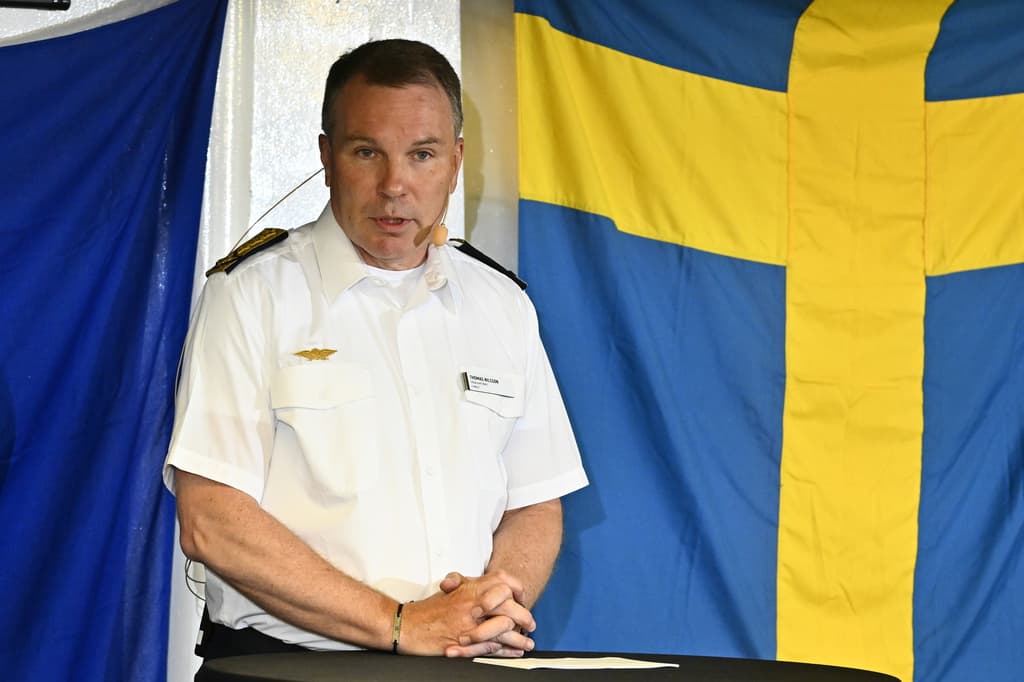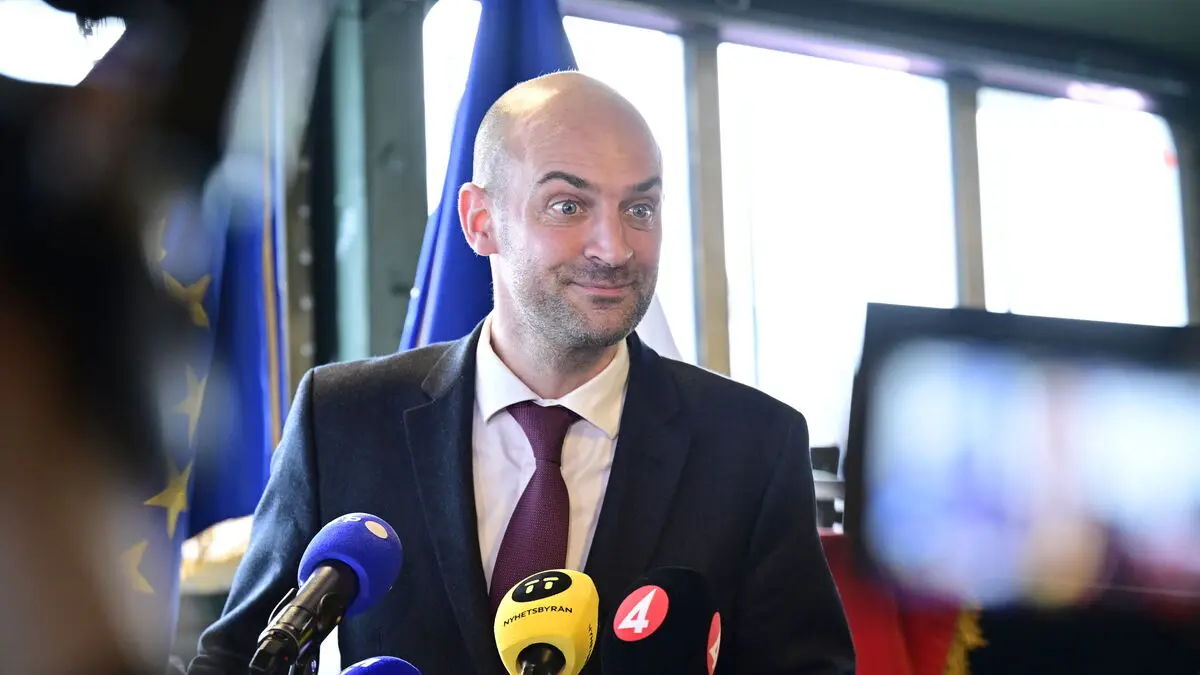Russian hybrid threat can be cranked up further, warns the Military Intelligence and Security Service (Must).
This involves more cyber espionage, more signals intelligence – and sabotage and violent acts carried out by hired agents.
Several European countries believe that Russian intelligence services have recruited "low-skilled individuals" to carry out hybrid operations.
For economic compensation, you hire someone and give them a task, says Thomas Nilsson, head of Must.
It can be, for example, arson, general vandalism, it can be things directed against individuals or their property.
The actors used, he says, can be both individuals with a criminal background, who may not even know who they are working for in the end, and individuals driven by ideological reasons.
So it's not just Iran that exploits criminals as agents?
It's a pattern we can see among several state actors who have an interest in using that type of resource or means against Sweden and other countries.
Car vandalized
Reports exist from, among others, Poland and the Baltic countries. One example is the vandalism of the Estonian Interior Minister's car at the end of last year. The Estonian security service has pointed out Russia for the attack.
It's an example of a sabotage that has some kind of subversive dimension. You want to send a message or signal, get someone to reduce their interest in acting.
The head of Must does not want to go into whether similar hybrid operations have taken place in Sweden, but says that it's something that Säpo is following.
The Russian actions are a consequence of the country's intelligence services having difficulty operating abroad. A large number of Russian intelligence officers have been expelled from European countries, including Sweden, after suspicions of espionage.
If they can't physically be here, they've lost a resource, then they have to work in another way, says Nilsson.
Worse situation
Hybrid activities are also a way to challenge unity in NATO. They don't trigger Article 5, but can create uncertainty and division.
It can be to influence our will to support Ukraine, or our will to be an active ally in NATO.
In general, the risks to Swedish security have continued to increase over the past year, according to Must. The direct military threat to Sweden is not considered to be so great right now, since Russian capabilities are largely occupied in Ukraine.
But Must notes that Russia, despite the losses, continues to fill up with both new soldiers and materiel. In the long run, the country will strengthen its military capability even in Sweden's vicinity, according to Must.
We live in a dangerous time, says Nilsson.






